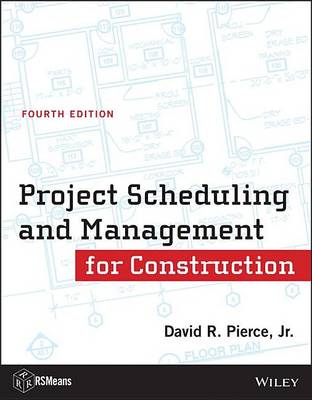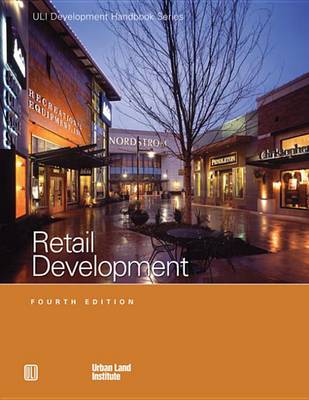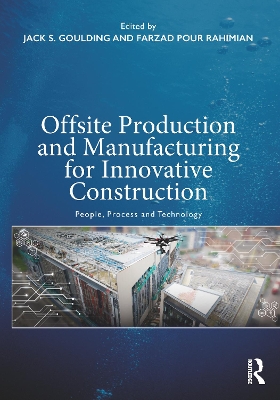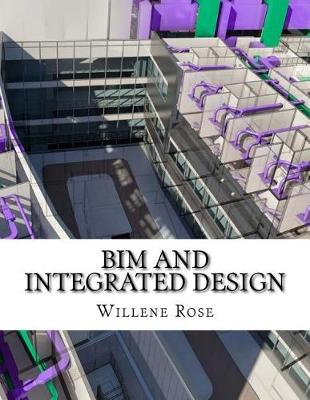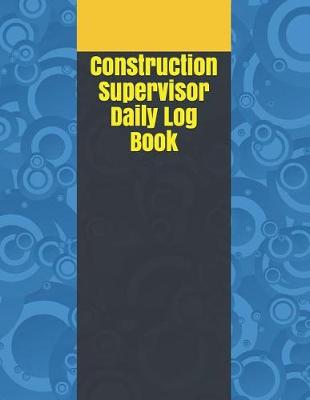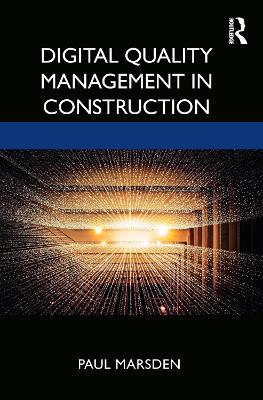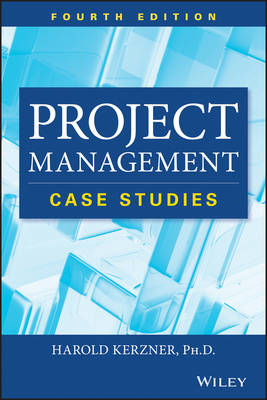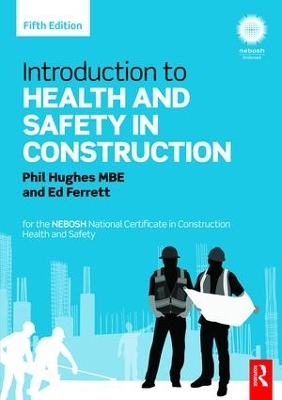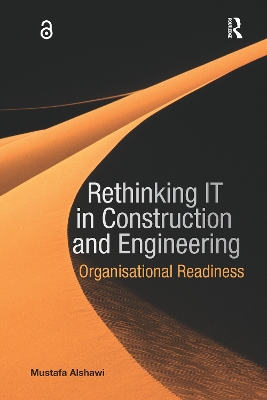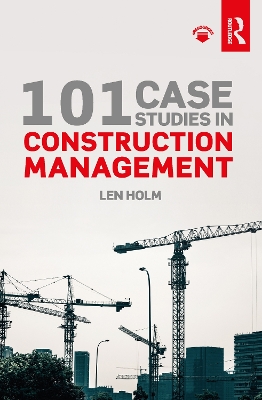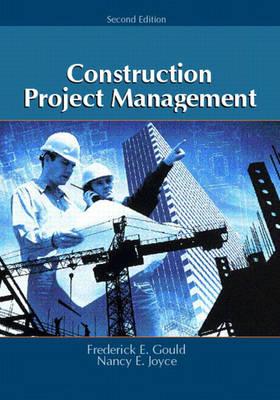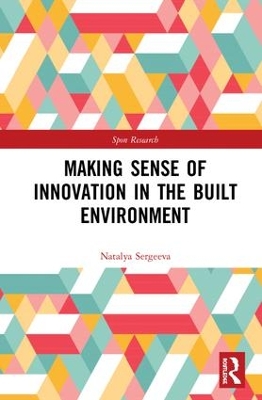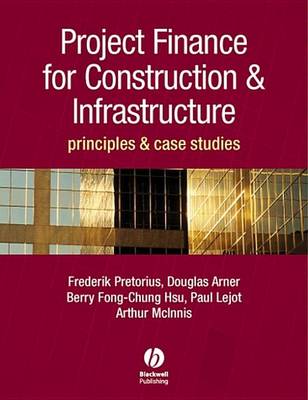Project Scheduling and Management for Construction (RSMeans, #89)
by David R Pierce
First published in 1988 by RS Means, the new edition of Project Scheduling and Management for Construction has been substantially revised for students enrolled in construction management and civil engineering programs. While retaining its emphasis on developing practical, professional-level scheduling skills, the new edition is a relatable, real-world case study that can be used over the course of a semester. The book also includes classroom elements like exercises, quizzes, skill-building exerc...
Offsite Production and Manufacturing for Innovative Construction
The offsite and modular market is continuing to grow. This book builds on the success of a number of initiatives, including formative findings from literature, research and development and practice-based evidence (success stories). It presents new thinking and direction from leading experts in the fields of: design, process, construction, engineering, manufacturing, logistics, robotics, delivery platforms, business and transformational strategies, change management, legislation, organisational l...
Much has been written about Building Information Modelling (BIM) driving collaboration and innovation, but how will future quality managers and engineers develop digital capabilities in augmented and video realities, with business intelligence platforms, robots, new materials, artificial intelligence, blockchains, drones, laser scanning, data trusts, 3D printing and many other types of technological advances in construction? These emerging technologies are potential game changers that require ne...
THE #1 PROJECT MANAGEMENT CASE STUDIES BOOK NOW FEATURING NEW CASES FROM DISNEY, THE OLYMPICS, AIRBUS, BOEING, AND MORE After on-the-job experience, case studies are the most important part of every project manager's training. This Fifth Edition of Project Management Case Studies features more than one hundred case studies that detail projects at high-profile companies around the world. These cases offer you a unique opportunity to experience, first-hand, project management in action within a v...
Case Manager Because Freakin' Miracle Worker Is Not An Official Job Title
by Swipe Victory Press
Introduction to Health and Safety in Construction
by Phil Hughes and Ed Ferrett
Introduction to Health and Safety in Construction has been specially written for the thousands of students who complete the NEBOSH National Certificate in Construction Health and Safety each year. Fully revised in alignment with the April 2015 syllabus, the fifth edition provides students with all they need to tackle the course with confidence. The book covers all the essential elements of health and safety management in construction including the legal framework, risk assessment and control st...
How could the potential of IT be realised to improve business performance in architecture, construction and engineering organisations? How could organisations unleash the potential of IT to achieve a sustainable competitive advantage? How can organisations migrate from technology to IT-enabled business thinking? Based on the author's twenty years research experience, this book provides a holistic picture of the factors that enable architecture, construction and engineering organisations to expl...
Despite co-ordination being the principal focus of the Lead Designer's role, there is very little written about how to undertake these duties. What tools can the Lead Designer use to address the many complexities of developing a design as part of an iterative process? How can the Lead Designer redefine what they do using a digital world to provide profoundly different and new services? This book analyses at all of these questions, setting out how the Lead Designer can perform effectively and eff...
Daily To Do List Notebook (Daily to Do List Planner, #3)
by Willie Prints
This book provides 101 real-life construction management case studies from an author with over 40 years' experience in the construction industry and as a lecturer in construction management. Over 14 chapters, Len Holm has included case studies from real jobsites that cover organization, procurement, estimating, scheduling, subcontractors, communications, quality and cost control, change orders, claims and disputes, safety, and close-outs. Other hot topics covered include BIM, sustainability, and...
For undergraduate/graduate courses in Construction Management, and survey courses in Civil Engineering and Architecture. This readable text provides the student with the "big picture" of the construction management process, giving a perspective as to how the construction industry functions in relation to the national economy and in the public's eye. Examining in detail the estimating, scheduling, control and administrative functions of a project and how they tie into the project "timeline," the...
Making Sense of Innovation in the Built Environment (Spon Research)
by Natalya Sergeeva
This book offers a new understanding of innovation in the built environment. The ways meaning of innovation is constructed has important implications for policymakers, project managers, academics and students. Through a longitudinal research study into innovation in firms and projects, the book addresses some key themes, challenges and concerns that practitioners face when managing innovation in the built environment. It examines the key drivers for innovation in the construction, engineering an...
Quantity Surveying Practice
by Chung Wai Calvin Keung, Kam Lan Daisy Yeung, and Sai On Cheung
Quantity Surveying Practice: The Nuts and Bolts is a practical guide to quantity surveying in building construction. Due to the increasing expectations of quality and performance from project clients, quantity surveyors must improve their professional skills to solve a variety of intricate problems and disputes confronting the demanding construction market. This practical book focuses on the basic concepts underlying the technical aspects of quantity surveying and contains many worked examples t...
Project Finance for Construction and Infrastructure
by Frederik Pretorius, Berry-Fong Chung-Hsu, Arthur McInnes, Paul Lejot, and Douglas Arner
This is a self-contained text on the logic and institutions of project finance, supplemented by a series of project finance case studies illustrating applications in different economic environments, across different jurisdictions and at different stages of development. It will introduce an analytical framework drawing on applied institutional economics that includes and concentrates primarily on an analysis of the institutional logic behind generic project finance arrangements. The application...
